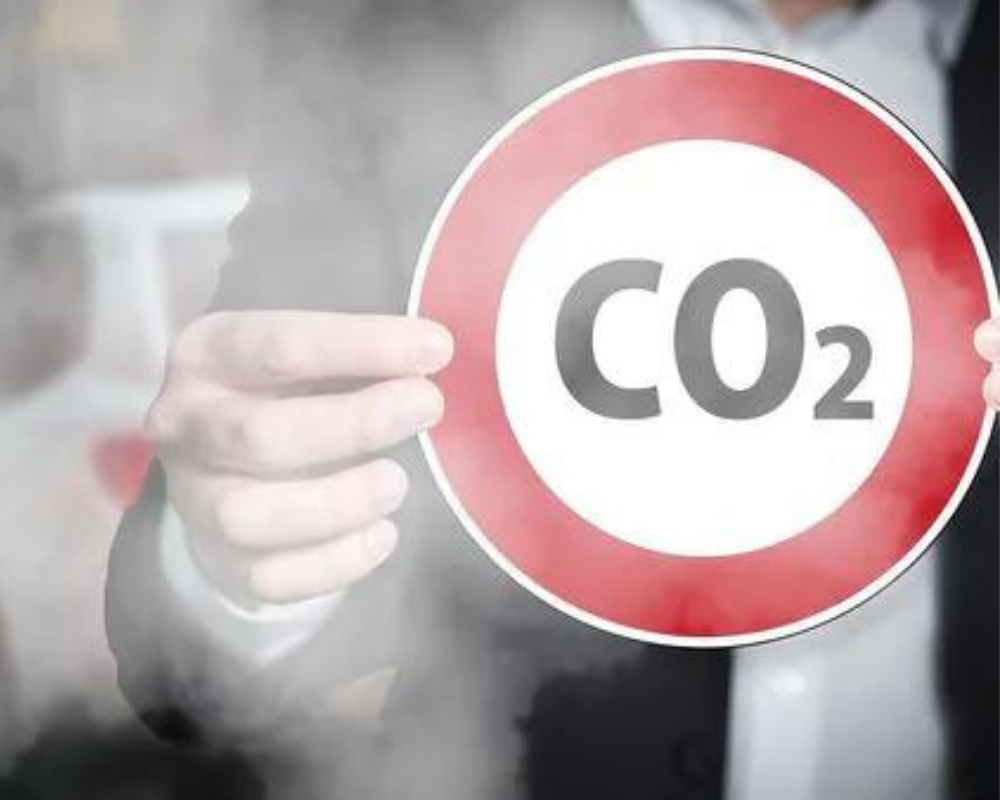
Blog
Benefits of electric cars on the environment
Research has shown that electric cars are better for the environment. They emit fewer greenhouse gases and
air pollutants than petrol or diesel cars. And this takes into account their production and electricity
generation to keep them running.
Over the last decade, there has been an increase in the use of vehicles across the globe. While facilitating ease of transportation, they are gradually impacting our health and environment. Most vehicles use fuels and emit pollutants like nitrogen oxides and carbon dioxide. These emissions impact the air quality severely. Recent research states that the road transportation segment emits around 123 million tonnes of carbon dioxide every year. In addition to this, the high usage of crude oil and fuel further depletes natural resources.

In this blog, we are here to answer some of the most common questions around EVs and their impact on the environment.
Are electric cars better for the environment?
The major benefit of electric cars is the contribution that they can make towards improving air quality in towns and cities. With no tailpipe, pure electric cars produce no carbon dioxide emissions when driving. This reduces air pollution considerably.
Put simply, electric cars give us cleaner streets making our towns and cities a better place to be for pedestrians and cyclists. In over a year, just one electric car on the roads can save an average 1.5 million grams of CO2. That’s the equivalent of four return flights from London to Barcelona.
Compare an electric vs petrol car
If you compare the overall environmental impact of electric cars vs internal combustion engine (petrol) cars. The main aim is to let users understand why, how, and in which cases electro-mobility is performing according to its green image, by cutting per-km emissions from its fossil-fuel-based counterpart. A second objective is to show in which conditions electric vehicles may "counter-perform": what happens when the battery size changes; or the background electricity mix; the battery lifetime; what about winter conditions affecting battery performances?
How does electric car production affect the environment?
Making electric cars does use a lot of energy. Even after taking battery manufacture into account, electric cars are still a greener option. This is because of the reduction in emissions created over the car’s lifetime
The emissions created during the production of an electric car tend to be higher than a conventional car. This is due to the manufacture of lithium-ion batteries which are an essential part of an electric car. More than a third of the lifetime CO2 emissions from an electric car come from the energy used to make the car itself. As technology advances, this is changing for the better.
Reusing and recycling batteries is also a growing market. Research into the use of second-hand batteries is looking at ways to reuse batteries in new technologies such as electricity storage. One day we could all have batteries in our homes being used to store our energy. Opportunities like this will reduce the lifetime environmental impact of battery manufacture.
All this shows that electric vehicles have a big role to play in reducing transport emissions and being a major factor in cleaning up the air we breathe.
Are you ready to help our planet in your own electric car?
Have a look at our conversion kit deals - the best kits at great prices. And if you're unsure what to go for, why not hire an EV from its owner by contacting us we'll help you clear all your doubts and choose accordingly?


.png)
.png)

.png)
.png)
.png)
.png)
.png)

.png)